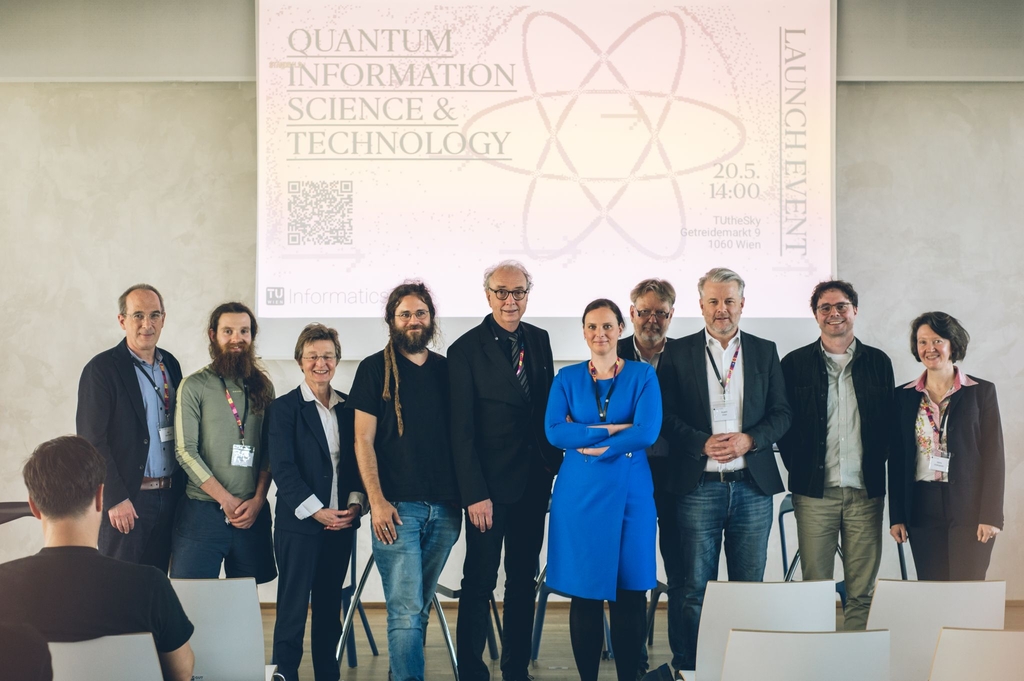Just in time for the International Year of Quantum Science and Technology 2025, TU Wien has launched Austria’s first interdisciplinary Master’s program in Quantum Information Science and Technology (QIST).
QIST is designed to respond to the rapidly increasing demand for experts in quantum technologies — both in academia and industry. It combines natural sciences and engineering, offering students a strong foundation in quantum theory while preparing them to contribute to cutting-edge quantum innovation.
“With this new program, we’re creating the foundation for knowledge transfer on a whole new level,” says Prof. Sabine Andergassen, curriculum coordinator and quantA researcher. “Especially in the start-up ecosystem around quantum technologies, we urgently need well-trained professionals.”
A curriculum bridging theory and application
QIST is structured to provide a comprehensive education across key areas of quantum science and technology:
- Quantum Physics – Core concepts like superposition, entanglement, and interference
- Quantum Devices – Techniques and platforms such as single photons, matter waves, and integrated photonics
- Quantum Computing & Algorithmics – Complexity theory, programming techniques, and algorithm design
In later semesters, students choose from a cross-faculty catalog to specialize and shape their curriculum according to individual interests. The final semester is dedicated to the master’s thesis, which is embedded in an active and supportive research environment.
The program also emphasizes research methods, transferable skills, and interdisciplinary collaboration across the faculties of Physics, Electrical Engineering and Information Technology, and Informatics.
Fully taught in English and internationally oriented
The entire master’s program is taught in English, making it accessible to international students and fostering academic mobility. TU Wien actively supports student exchange programs, Erasmus mobility, and even double degree tracks.
“When it comes to quantum technologies, Vienna is already internationally recognized for its excellence in fundamental research,” says Prof. Marcus Huber, head of the Atominstitut at TU Wien. “This program now builds the intellectual ecosystem needed to turn research into innovation.”
Embedded in Austria’s quantum research landscape
The QIST program is an integral part of quantA – Quantum Science Austria, the national Cluster of Excellence supported by the Austrian Science Fund (FWF). It aligns education, research, and innovation in quantum science across Austria, giving students access to a vibrant national and international quantum network.
As a QIST graduate, students will be ideally positioned for careers in both academia and high-tech industry, especially in areas such as quantum computing, sensing, secure communication, and simulation.
Learn more:
- Duration: 4 semesters
- Degree awarded: Master of Science (MSc)
- Language: English
- Location: TU Wien, Vienna
- More info and application details: https://informatics.tuwien.ac.at/master/quantum-information-science-and-technology/
With this new master’s program, TU Wien further strengthens its role as a leading center of quantum education and research — and opens the door for future innovators in one of the most exciting fields of science today.

